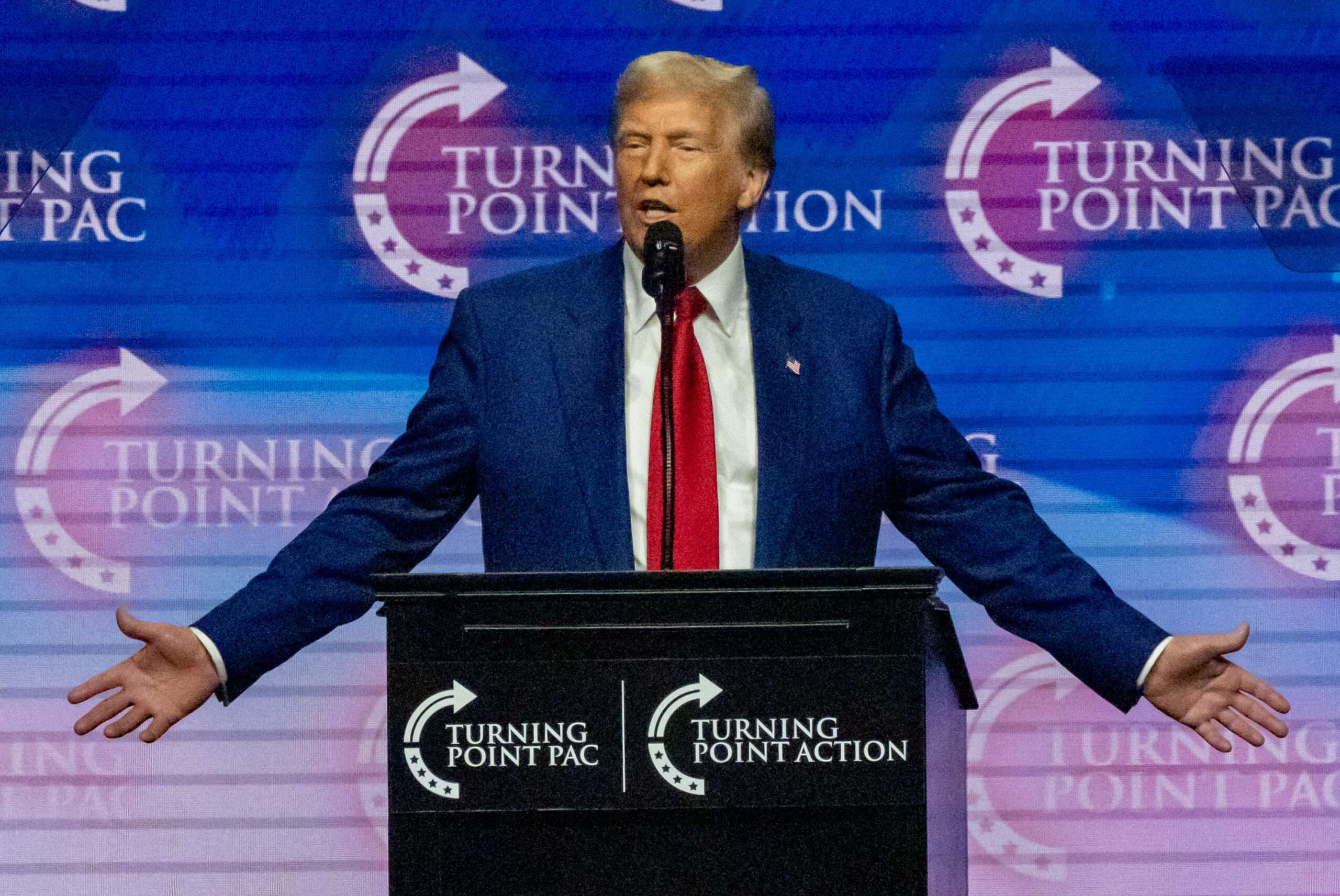Trump Proposes Tax Relief for Car Manufacturers Affected by His Own Trade Agreement
Former President Donald Trump has laid out a series of proposed tax breaks aimed at securing support for his second presidential term campaign, emphasizing a transformation of the American automotive industry. During a recent speech at the Detroit Economic Club, Trump suggested making the interest on car loans fully tax-deductible, claiming it would ignite a “new American industrial revolution.” He further declared that by the end of his term, the world would be buzzing about a revitalized Detroit, dubbed the “Michigan miracle.” However, he added a significant condition to this tax proposal: it would only apply to vehicles manufactured in the United States. This raises questions about the practicality and economic soundness of his plan, especially considering the trade practices he has previously enacted.
The focus on interest deductibility for car loans is inherently complicated. To benefit from such a deduction, taxpayers must itemize their deductions, a choice that only about 10% of taxpayers make, with the vast majority opting for the standard deduction. For the tax year 2024, the standard deduction amounts to $29,200 for couples and $14,600 for individuals, meaning that only those with significant additional deductible expenses could qualify for this deduction on car loan interest. Furthermore, Trump’s narrowed definition, which limits the deduction exclusively to American-made cars, could exacerbate this issue. Given his previous policies, which have often made it more challenging for automobile manufacturers to establish production in the U.S., the number of potential beneficiaries from this tax break could be even smaller than anticipated.
Trump’s approach remains rooted in the protectionist ethos he championed during his first term, notably through the renegotiation of trade agreements. He campaigned on the premise of dismantling the North American Free Trade Agreement (NAFTA) and replacing it with the United States–Mexico–Canada Agreement (USMCA), signed in 2020. Although the USMCA sought to strengthen domestic manufacturing, particularly within the auto sector by enforcing stricter rules regarding where and how cars and auto parts are made, it inadvertently contributed to heightened operational costs for manufacturers. The USMCA requires that a higher percentage of a vehicle’s components be produced within North America, a policy change that, while designed to increase U.S. production, comes with the consequence of likely increasing vehicle prices and reducing consumption.
The economic landscape Trump navigated during his first term complicates his new proposals. Under the USMCA, manufacturers faced tougher rules concerning local production, with new costs which could lead to decreased affordability for consumers. This raises critical concerns about whether his suggestion for tax breaks intended to boost manufacturing would align effectively with existing artisanal policies that seem contradictory. The implementation of tariffs under his administration on foreign vehicles has raised the price of imports significantly, pushing consumers toward higher costs rather than achieving his intended outcome of increased affordability and consumer access to American-made cars.
Moreover, Trump’s ongoing commitment to protectionist policies belies an apparent failure to stimulate the economy effectively. Instead of pursuing broader tax reforms to alleviate the overall tax burden on Americans, which could lead to universally lower prices for consumers, he appears more focused on niche tax breaks that target specific groups. This may suggest a tactical approach aiming to garner votes rather than genuinely reforming the tax system or addressing broader economic issues, such as inflation or the overall cost of living. By conditioning policies on American production and appearing to prioritize loyalty to domestic companies over consumer affordability, he departs from a long-term economic vision that effectively serves the broader population.
In summary, Trump’s recent tax proposals, particularly those concerning deductible car loans for American-made vehicles, outline his intent to reshape the auto industry amidst his protectionist trade policies. While claiming to revitalize American manufacturing, the inherent complexities and limited applicability of the proposed tax breaks could lead to minimal economic impact for the average American. As he navigates these waters in his campaign, it becomes evident that his choices may be more motivated by political expediency than by a comprehensive strategy aimed at improving the overall fiscal landscape for all citizens. This obsession with niche incentives might inadvertently signal abandonment of a broader, cohesive approach to taxation and affordability that many Americans are seeking today.
Share this content:












Post Comment